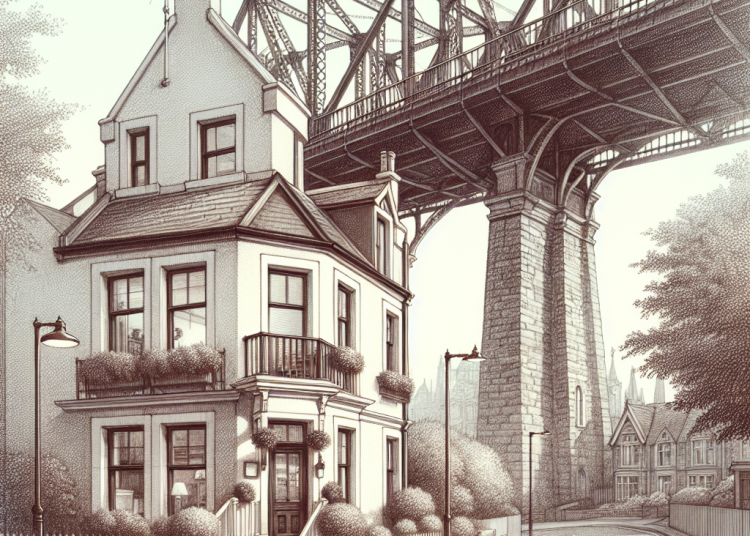A family trip to Portugal on a smaller budget is not only feasible but can be rich in experiences. With these money-saving strategies and local insights, your journey will be filled with the authentic charm of Portugal without breaking the bank.
Lodging

When it comes to lodging, your strategy should be to seek value without sacrificing comfort. Portugal’s pousadas – historical buildings converted into accommodations – offer a unique experience that often comes with a surprisingly modest price tag, especially if you book well in advance. Also, family-friendly guesthouses or “quintas” in rural areas provide a homely atmosphere and often include breakfast, reducing your dining costs.
In addition, consider the timing of your accommodation bookings. Deal-hunting websites like Hotwire or Priceline can offer last-minute discounts but with a family, the risk of not finding suitable space is higher. Early reservations typically secure the best rates, and staying slightly outside major tourist zones like Lisbon’s Baixa or Porto’s Ribeira can result in considerable savings.
Transportation


Upon arrival, navigate Portugal’s cities with ease and economy by using public transportation. In Lisbon, the Viva Viagem card, a reloadable ticket, grants access to metro, buses, and trams and offers a discount for bulk travel purchases. Similarly, Porto’s Andante card serves the same purpose. These cards are not only budget-friendly but also simplify travel with tap-and-go access.
For longer journeys, turn to Portugal’s extensive train network. The regional and intercity trains are less expensive than the high-speed Alfa Pendular trains and offer a scenic view of the countryside, turning travel time into an enriching experience. For destinations not well-served by rail, Rede Expressos buses are a reliable and economical alternative, with discounts available for children and advance purchases.
Food and Beverages


Portugal’s culinary scene is a treasure trove for the budget-conscious. Local eateries known as “tascas” serve up hearty Portuguese fare at wallet-friendly prices. Opting for the “prato do dia” – a set daily special – is a wise choice that offers both a taste of traditional cuisine and a filling meal. Moreover, self-catering is not only economical but also an opportunity to explore local markets like Lisbon’s Mercado da Ribeira or Porto’s Mercado do Bolhão, where fresh, local produce and regional delicacies are available at reasonable prices.
Drinking tap water in Portugal is safe and cost-effective. For family outings, carry reusable water bottles to refill throughout the day, avoiding unnecessary expenses on bottled water and contributing to environmental conservation.
Sightseeing


Cultural enrichment in Portugal need not come with a hefty price tag. Many museums offer free admission on certain days of the month – for example, the first Sunday of each month is free for many national museums. Additionally, city cards like the Lisbon Card or Porto Card can provide significant savings on transportation, as well as free or discounted entry to numerous attractions.
Portugal’s coastline is dotted with stunning beaches, such as Praia da Marinha in the Algarve, that are accessible via public transport, negating the need for costly day tours. Free walking tours, found in Lisbon, Porto, and other cities, are an excellent way to delve into the local history and culture. Although free, tipping your guide is customary and supports the local economy.

